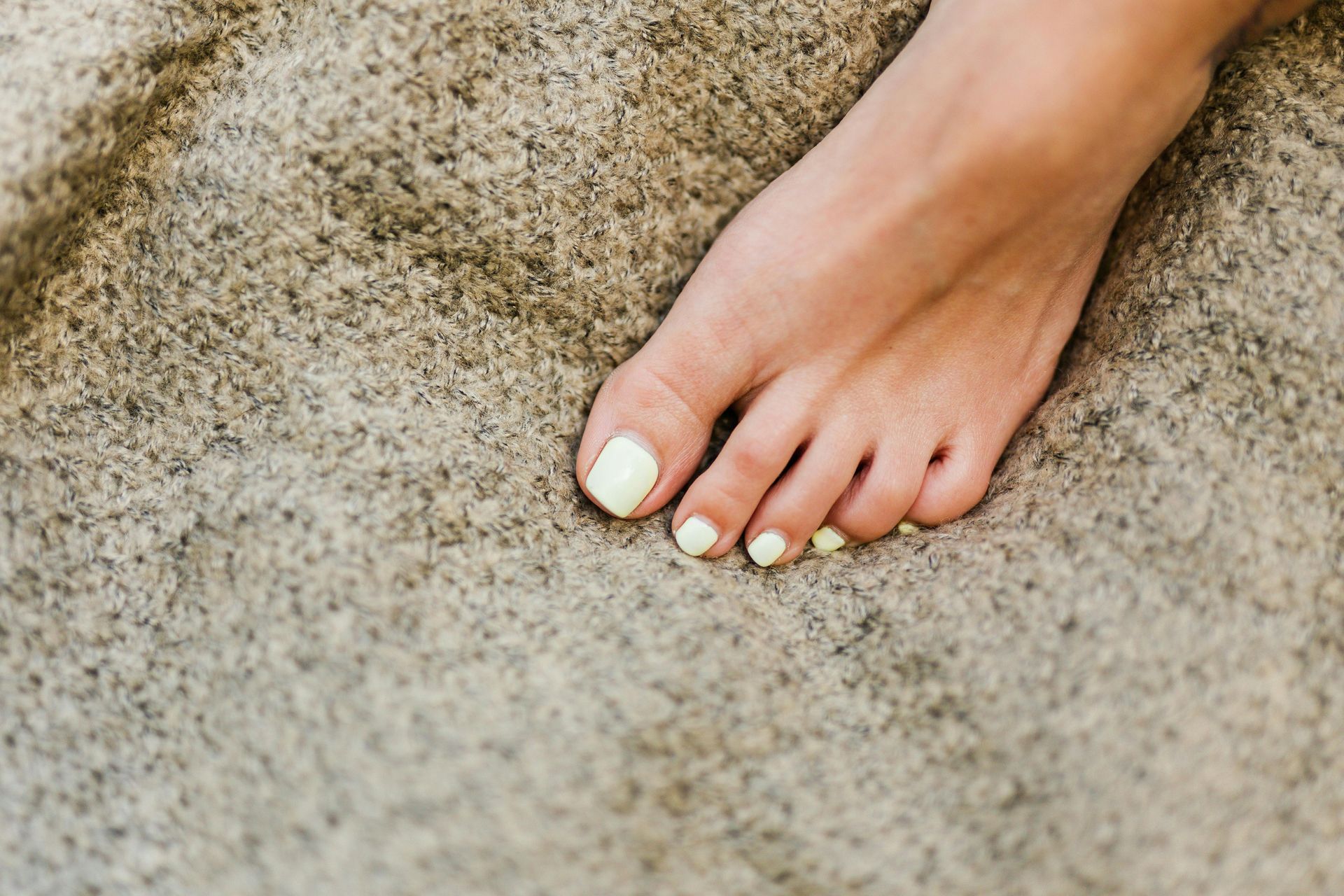Reset your Mind, Body and Energy Today
As we start the New Year, let's ditch the Resolutions..
Don't know about you, but I'm never a big fan of "I have to..." resolutions. And New Year's always the key time for that. What about instead of that, we took the opportunity to take a look at the improvements that we can make, using the concept of micro habits (the small tweaks to your habits and decisions that compound over time to make big changes)?
We do this by paying attention, in the present moment and without judgment to reprogram our thoughts.
As we head into the New Year, I want to share these with you.
This blog contains a brief summary of top tips for change as well as a booklet for each topic. If we connect sleep, food, hydration, and exercise, these micro-habit changes will sustain our health and happiness for the rest of our lives.
You might want to start with the most important - Mindset - download the document here . This is going to help you to successfully make any other changes that you want to implement. It will take you three days to work through with space for reflection.
After you've done that, why not pick the area that you'd most like to focus on. Each section contains a workbook for you to use and other resources to deepen your understanding.
Sleep :
One of the most important things that we learnt about in this reset (download here ) is to create a bedtime ritual. My three favourite tips:
• Reduce your caffeine intake. It stays in your system for around ten hours so if bed time is 10pm, last caffeinated drink should be at midday.
• Get ready for bed 60 minutes before bedtime, set a go-to-bed alarm and go to bed earlier.
• Put your phone/ tablet to bed about 90 minutes before your bed time and preferably not in your bedroom. Get an alarm clock if you rely on your phone as an alarm.
Want some more tips? Check out this blog
Food:
I am NOT about deprivation! Especially while we're still enjoying a pandemic year. In this reset , we were more focused on adding in foods which serve us better and that improve our overall health. The best type of food to add to your diet? More veggies! And this includes all plant-based foods such as beans, lentils, legumes and green and coloured veggies.
Someone asked me "Sugar versus fat versus carbs. Which is worse, and why?". Well it's worth mentioning that we need ALL the food groups! Whether that's fats, carbs or sugars, they all have a part to play in a healthy diet. Why not check out the NHS Eat Well Guidelines too?
Hydration:
Did you know that even mild dehydration is correlated with a decrease in both cognitive functions and mood state?
Want to improve your hydration? Download the booklet
here and check out my three top tips:
• Always have a glass/ bottle of water with you – if it’s there, you’re more likely to reach for it.
• When you think you’re feeling hungry, drink a glass of water as you might actually be thirsty! Wait fifteen minutes and see if you’re still “hungry” before reaching for food.
• Download an app that will help you to track your water intake- these apps also have reminders to help you to drink water - what gets measured gets done!
Movement
It can seem overwhelming to make changes to the amount of movement we're doing. It's worth remembering that you don't have to make massive changes. Check out the booklet here .
Other than aiming for structured exercise (try a class with us for free by clicking here, or going for walk /jog), let's not forget the concept of "NEAT" or non-structured movement that you can build into your day. It soon adds up! Include, stretching regularly as you go about your daily activities, and voila! at the end of the day, you’d be surprised how much you've moved!
Hope that you found one or more of these helpful! If you've got any questions, please let me know










